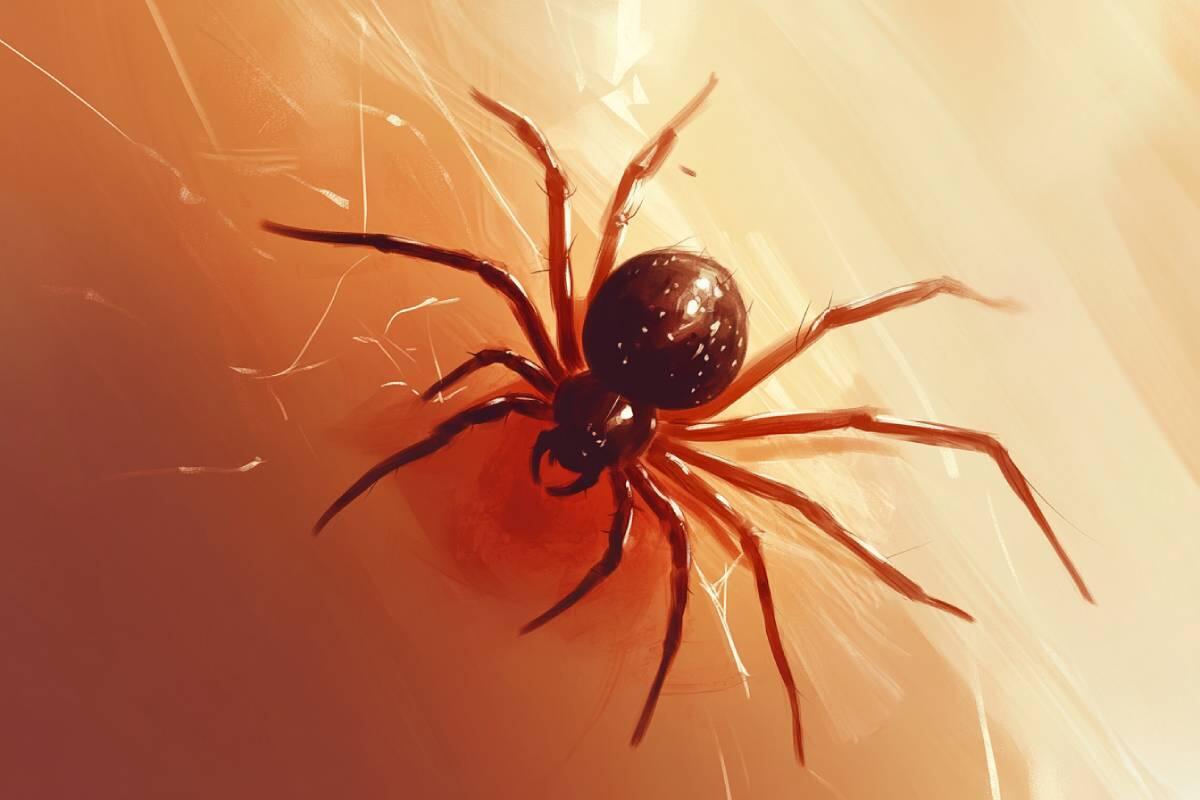Spider Bite Allergy: Symptoms and Treatments
Spider bites are common, but for some individuals, the reaction can go beyond the usual redness and swelling. Allergies to spider bites can trigger severe symptoms requiring immediate medical attention.
Understanding the symptoms of an allergic reaction to a spider bite and knowing the appropriate treatments is crucial. Clinic Consultation offers comprehensive care to address allergic reactions and ensure a safe recovery.
Why Do Spider Bites Cause Allergies?
Spider bites introduce venom into the skin, which can cause mild to severe reactions depending on the individual’s sensitivity. For allergic individuals, even small amounts of venom can trigger an immune response.
Allergic reactions to spider bites often occur due to the body’s overreaction to the proteins in the venom. This can lead to symptoms ranging from mild itching to life-threatening anaphylaxis.
Symptoms of an Allergic Reaction to Spider Bites
Localized Reactions
Common symptoms include swelling, redness, and intense itching around the bite site. These symptoms may persist longer than usual in allergic individuals.Systemic Reactions
Severe allergies may cause systemic symptoms such as hives, difficulty breathing, dizziness, and swelling of the face or throat. These require immediate medical intervention.
Immediate Actions After a Bite
Clean the Bite Area
Wash the bite site with soap and water to minimize the risk of infection. Avoid scratching to prevent further irritation.Monitor Symptoms
Keep an eye on the development of any systemic reactions. If symptoms like difficulty breathing or swelling occur, seek medical help immediately.
Treatments for Spider Bite Allergies
Over-the-Counter Remedies
Antihistamines and hydrocortisone creams can help alleviate itching and swelling for mild allergic reactions.Medical Interventions
For severe reactions, treatments may include epinephrine injections, corticosteroids, or oxygen therapy. Clinic Consultation specializes in providing timely and effective treatment for such cases.
Preventing Allergic Reactions to Spider Bites
Identify Risk Areas
Spiders are often found in dark, undisturbed areas. Regularly inspect and clean these spaces to reduce encounters.Use Protective Measures
Wear gloves and long sleeves when working outdoors or in areas where spiders may reside. This minimizes direct contact and potential bites.
When to Seek Professional Help
Seek medical attention if symptoms escalate or if systemic reactions occur. Children and those with a history of severe allergies should consult a doctor even for mild symptoms.
Clinic Consultation provides expert care for allergic reactions, ensuring effective management and recovery. Do not hesitate to contact our specialists if you experience any concerning symptoms after a spider bite.
Conclusion
Allergies to spider bites can range from mild discomfort to severe, life-threatening reactions. Understanding the symptoms and knowing how to respond can make a significant difference.
For expert guidance and treatment, visit Clinic Consultation. Our team of specialists is here to provide personalized care and ensure your safety in the event of a spider bite allergy.
